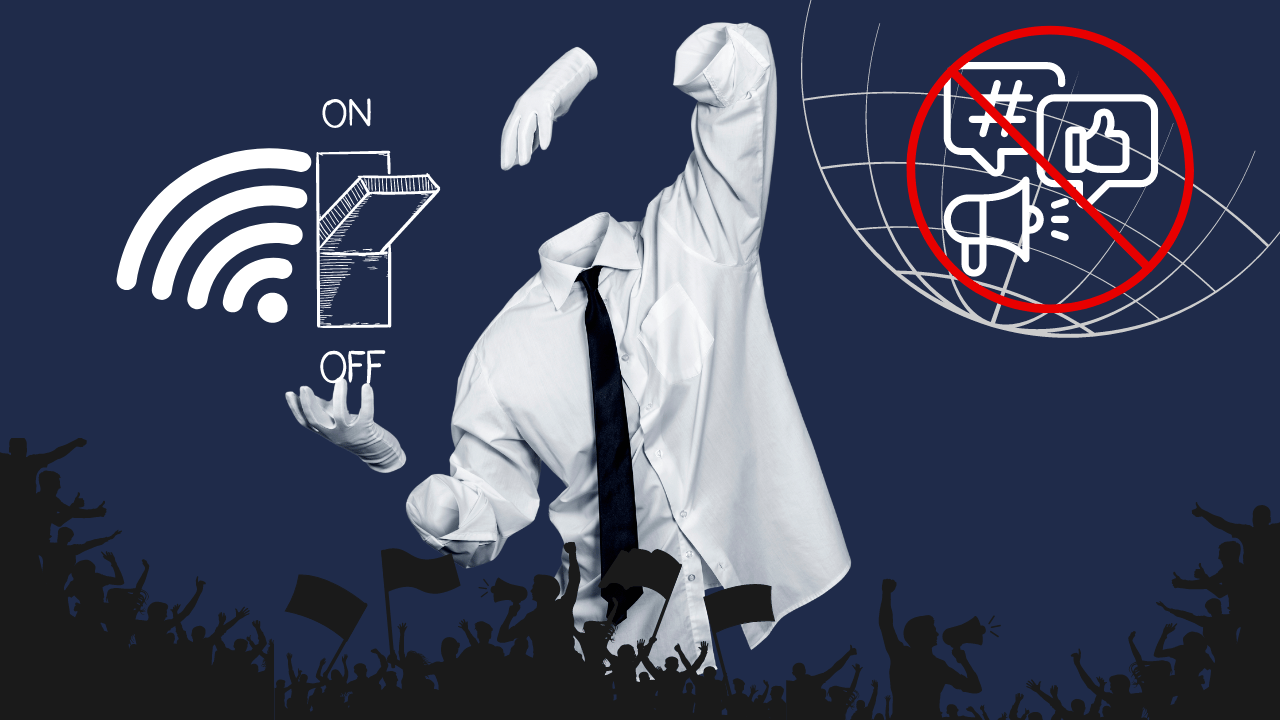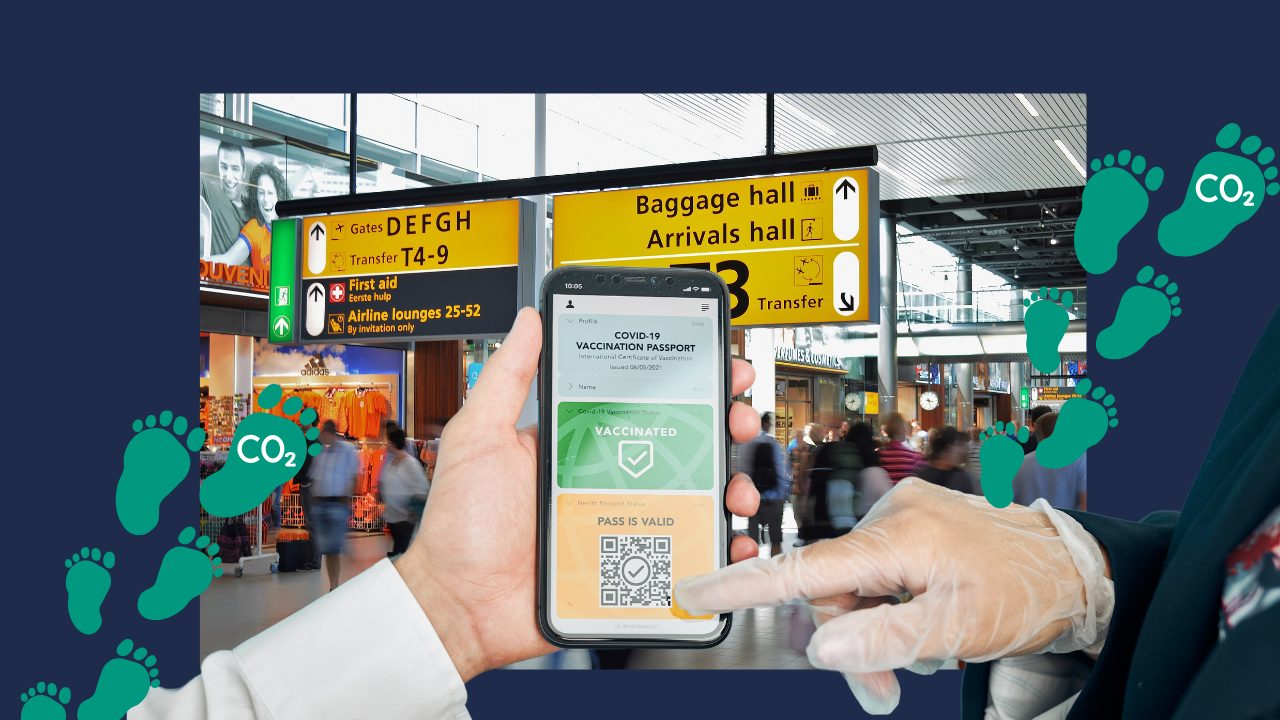Edward Snowden made an impact on the digital PRVCY topic out of the believe that every human deserves to have a separation between their private life and the right to intimacy. Snowden is warning ud of Rapid Advancements in Surveillance Technology since 2013, ten years and today we want to commemorate his advocacy for the digital privacy topic.
In a recent interview, to The Guardian renowned whistleblower Edward Snowden raised alarming concerns about the unprecedented advancements in surveillance technology that have taken place since 2013. According to Snowden, the current state of surveillance capabilities makes the situation back in 2013 seem like child’s play.
Snowden has been in exile in Russia since 2013 after fleeing Hong Kong, where he handed over tens of thousands of top-secret documents to journalists. He told the news paper Greenwald. “I do not want to live in a world where everything I do and say is recorded. That is not something I am willing to support or live under.”
During the interview, Snowden discussed how governments and tech companies worldwide have rapidly embraced surveillance technologies, leading to widespread privacy concerns. He highlighted the profound impact of these developments on individuals’ rights to privacy and the potential for abuse by authorities.
One of the key areas of concern is the proliferation of sophisticated data collection tools. Snowden noted that modern surveillance systems are now capable of monitoring not just online activities but also offline movements, leveraging a vast array of interconnected devices, commonly referred to as the Internet of Things (IoT). This comprehensive surveillance ecosystem allows governments and corporations to amass vast amounts of personal data, raising serious ethical and legal questions about privacy infringement.
In Snowden’s words: “Governments have built an infrastructure that allows it to intercept almost everything. With this capability, the vast majority of human communications are automatically ingested without targeting. If I wanted to see your emails or your wife’s phone, all I have to do is use intercepts. I can get your emails, passwords, phone records, credit cards.”
Another critical aspect discussed by Snowden was the rise of artificial intelligence and machine learning algorithms in surveillance practices. These technologies enable the automated analysis of massive data sets, providing authorities with powerful tools to identify patterns, track individuals, and even predict future behavior. While proponents argue that these advancements can aid law enforcement and national security efforts, critics worry about potential biases and the erosion of civil liberties.
Moreover, Snowden emphasized the need for robust encryption measures to protect individuals’ privacy in an increasingly connected world. Encryption is crucial in safeguarding sensitive data from unauthorized access, but it has also been a subject of contention between tech companies and governments seeking backdoor access for law enforcement purposes.
To address these challenges, Snowden called for greater transparency and public awareness surrounding surveillance practices. He stressed the importance of open discussions about the trade-offs between security and privacy to strike a delicate balance that respects individual freedoms while addressing legitimate security concerns.
In conclusion, Edward Snowden’s warning highlights the significant advancements in surveillance technology over the past decade, underscoring the urgency of safeguarding individual privacy in the digital age. As technology continues to evolve, it becomes imperative for society to engage in a constructive dialogue about the implications of surveillance and implement appropriate safeguards to protect fundamental human rights.
Addressing the challenges raised by the rapid advancements in surveillance technology requires comprehensive solutions that balance security needs with the protection of individual rights. Here are some proposed solutions to the issues discussed by Snowden,
Snowden's advice
He believe that stricter legal frameworks should be established, with updated privacy laws that clearly define surveillance activity limits, ensure proper oversight, and establish robust checks and balances. Comprehensive data protection laws are vital to safeguard individuals’ personal information, specifying how data can be collected, stored, and used.
Independent oversight should be implemented through the establishment of transparent and accountable bodies or agencies with the authority to supervise surveillance practices, ensuring adherence to the law and respect for privacy rights. These oversight bodies should include representatives from civil society, academia, and legal experts to provide diverse perspectives.
He is encouraging privacy by design, as crucial aspect for technology companies and developers. Because prioritizing privacy during the design of new products and services ensures that privacy features are integrated from the outset, reducing the risks of data breaches and misuse.
His public awareness campaigns has been educating citizens around the globe about the risks and implications of surveillance technologies. People need to be informed about their rights and equipped with measures to protect their online privacy and secure communication tools.
And now he is again stepping into the conversation, talking about the ethical use of AI and algorithms in surveillance is paramount. Asking for rigorous testing and auditing to identify and rectify biases, as well, establishing transparent guidelines to ensure ethical AI use and prevent discriminatory practices.
To promote accountability and transparency, Edward Snowden has been in the front line, facing consequences from laws that instead of protect us, support the idea of surveillance, inspiring individuals to come forward with information about potential abuses of surveillance technology and
promoting international dialogue and cooperation on surveillance practices and privacy rights.
By implementing these solutions, society can strike a balance between utilizing surveillance technology for legitimate purposes such as public safety and protecting the fundamental rights of individuals to privacy and freedom from unwarranted surveillance. It is essential to foster a responsible and ethical approach to surveillance that respects individual autonomy and upholds the principles of democracy in the digital age.
Edward Snowden legacy, is more alive than ever, because instead on moving towards privacy, goverments are buying spy apps, collaborating and collecting data from social media companies and devices rapidly advancing into spy technology, so in honor of Edward Snowden inspiration in PRVCY world we focus in educational courses where we make all of this work to understand technology easy for you.












